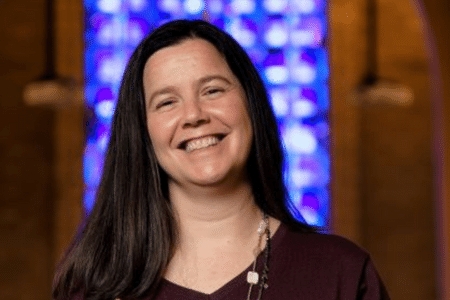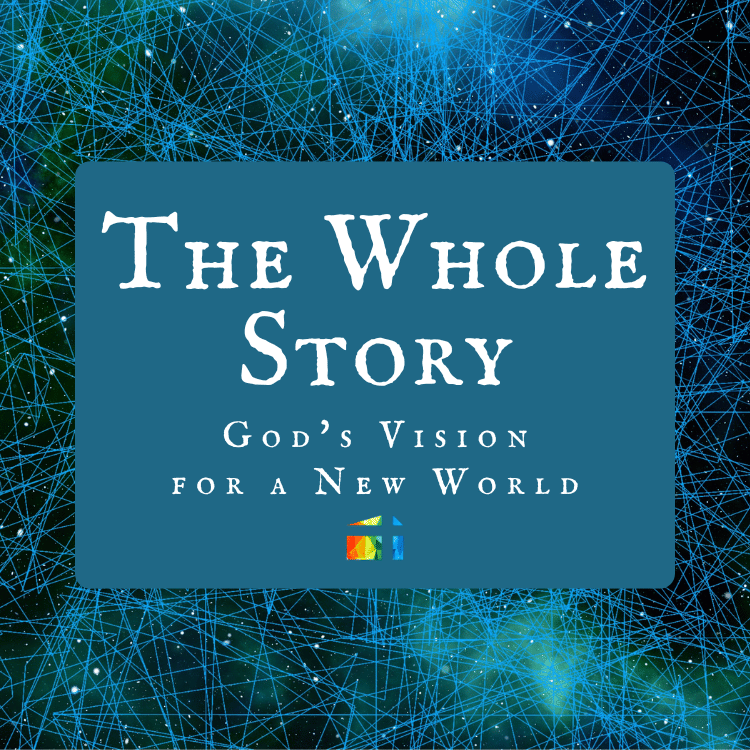
October 30, 2024
A Note from Pastor April
Dear Friends,
Successful democracies require that people learn to understand their own beliefs and actions, to reflect nondefensively on these in the presence of others having different beliefs and experiences, and to use these experiences to develop new understandings in the pursuit of the common good. ~ Jon Wergin, Deep Learning in a Disorienting World
These words leapt off the page as I was engaging my grad school reading for the week.
Wergin is pointing to the work of John Dewey, who devoted his life and career to helping us better understand how we can learn in ways that lead to transformation.
His ultimate conclusions were the following:
- We keep inquiring about our reality. In other words, we do not assume we have all the answers but engage in a sense of curiosity about our world and the problems we see.
- We engage in robust dialogue with people who don’t see things the way we do. Because we understand our knowledge as incomplete, we seek out the perspectives of others and genuinely remain open to what they can teach us.
- Our learning and engaging leads to practical new insights that benefit the whole. We aren’t just enlightened for the sake of being enlightened. Our learning helps move us toward the larger good.
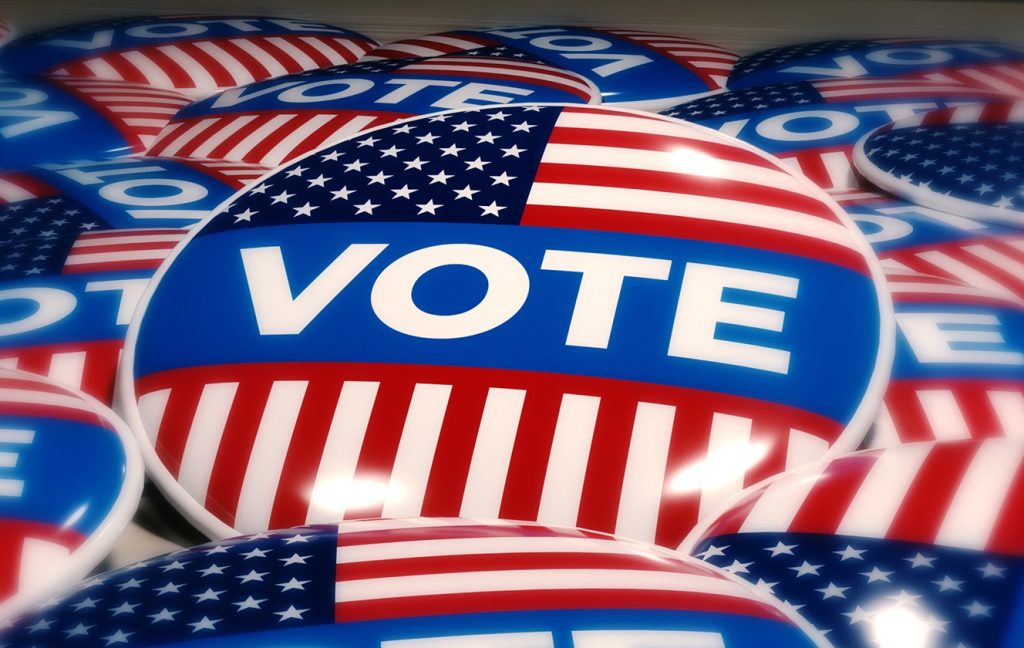
As we head into next week’s election, I think it’s safe to say that we are not engaging in this kind of learning in America today.
Wergin talks about some of the common traps of thinking that can happen when it comes to politics. I found two of those particularly pervasive right now as we head into this election:
- Reductionism: reducing complex issues to sound bites. Politicians are masterful at using this for their own gain!
- Diagnosis Bias: filtering out any information that doesn’t fit our current points of view. Today, social media often makes this even easier for us!
Renewing our mind
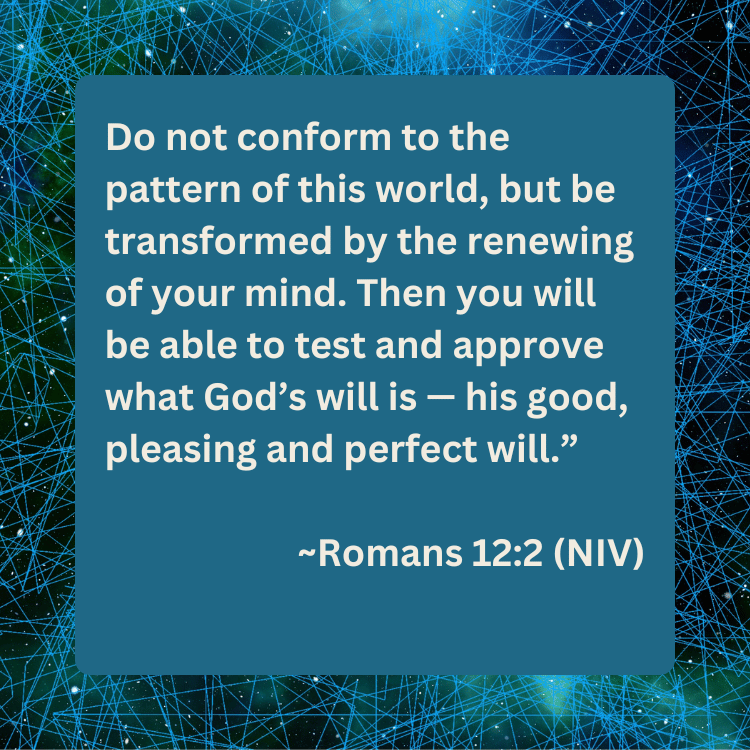
All of this reminded me of a particular verse in Paul’s letter to the Romans:
“Do not conform to the pattern of this world, but be transformed by the renewing of your mind. Then you will be able to test and approve what God’s will is — his good, pleasing and perfect will.” (Romans 12:2, NIV)
Both Wergin and the apostle Paul seem to understand the need for all of us to develop practices that renew our mind, that challenge our ways of thinking, and that help us discern and test our own assumptions.
These patterns of inquiry and discernment have to be developed over time in lots of the spheres of our lives, especially in how we think about our faith and spirituality.
The Whole Story
This past Sunday, we shared with you that our series for the next two years in worship will be The Whole Story.
Building off our work in The Great Story, we will look at the story behind the Bible, how it came to us, and how we can ask meaningful and important questions as we learn and engage this gift.
We will follow Wergin’s guidelines and ask important questions about this text. We’ll test those against a diversity of perspectives. We’ll discern together what some of this means for us in 2025.
Our interpretive lenses
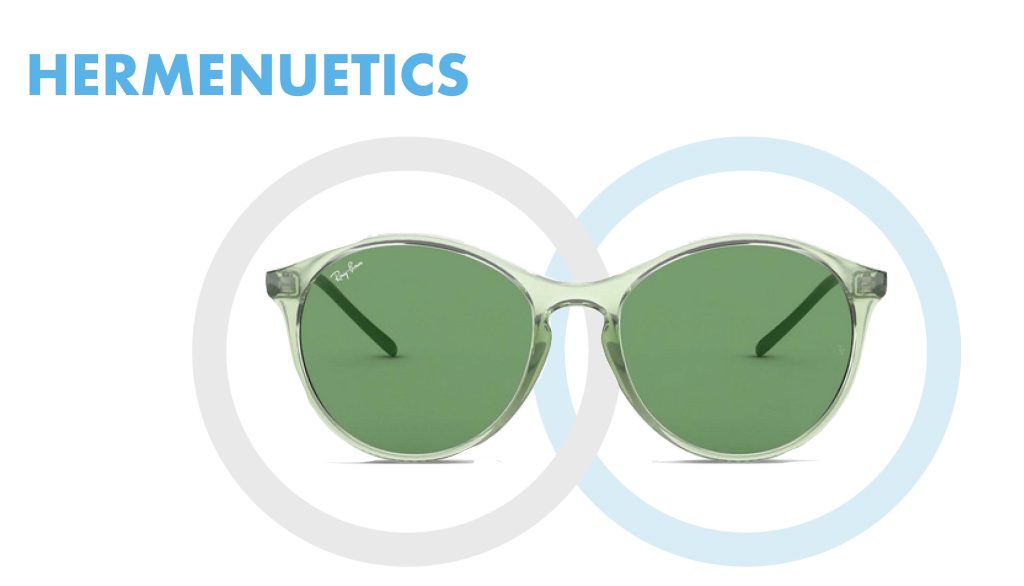
We’ll become even more aware of the “hermeneutical lenses” that Dr. Kate Common talked about on Sunday.
Hermeneutical lenses are those perspectives — like a set of glasses that each of us wears when reading the Bible — that influence how we understand and interpret it.
This is just one part of the vision we have for these next two years. I hope you are making plans now to attend one of the four Stewarding Our Vision & Values gatherings coming up in the next few weeks to talk about the three areas of focus:
- Teaching & Learning
- Worship & Music
- Outreach
Three will meet in-person, one will meet online.
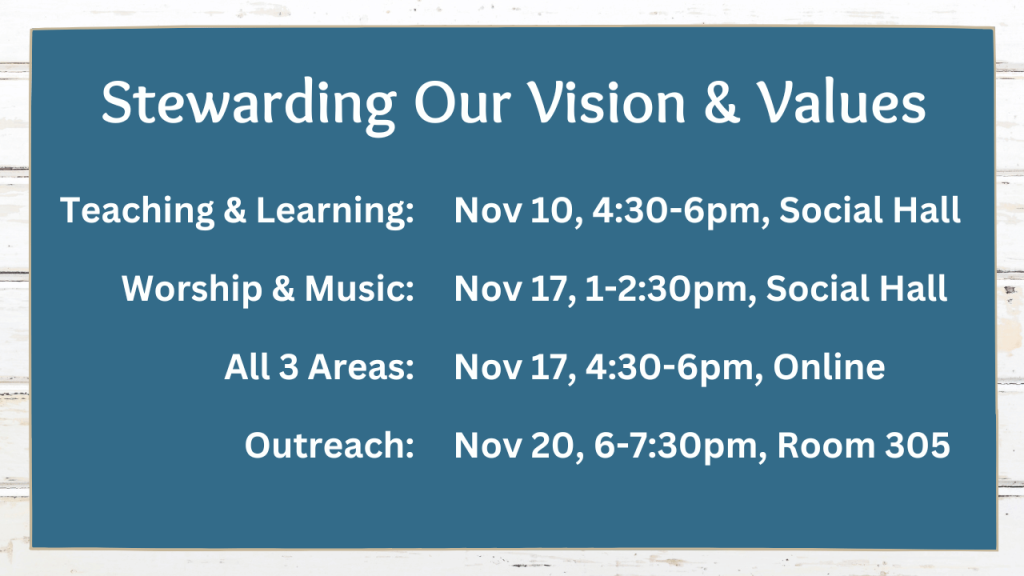
Finally, as we cast our ballots this week, let us be in prayer for this crucial moment in our own democracy.
No matter the outcome next Tuesday, may we remain ever committed to the renewing of our minds and hearts, and to the larger work of learning how to move forward, for the good of the whole.
In hope and grace,
April
The Rev. April Blaine
Lead Pastor
